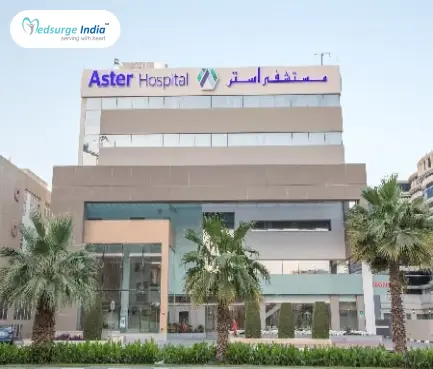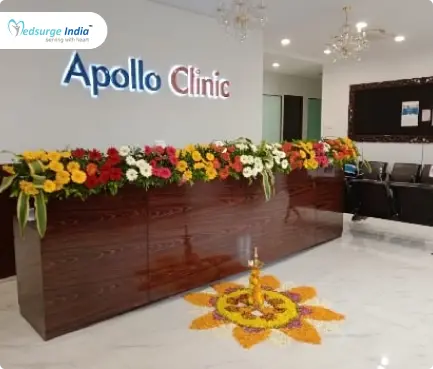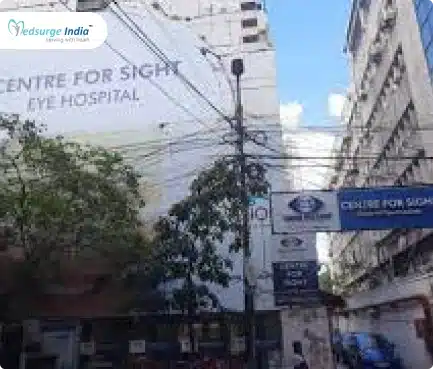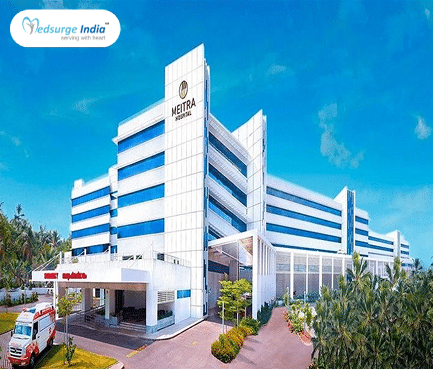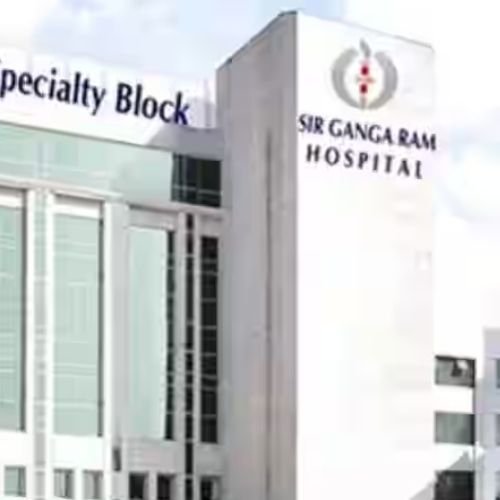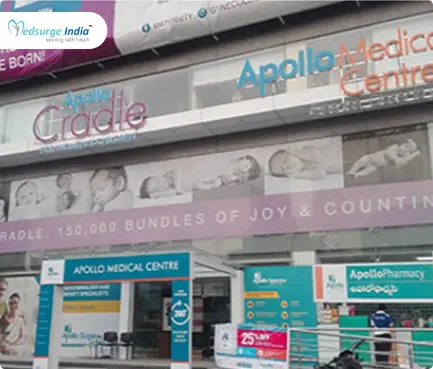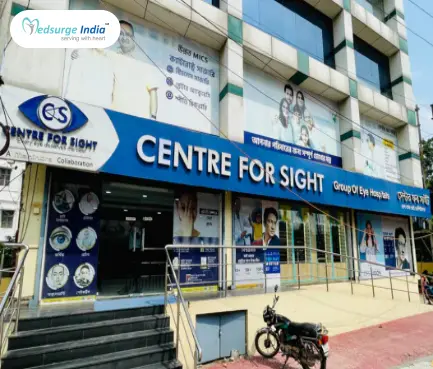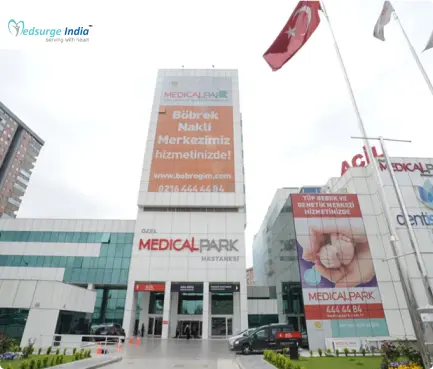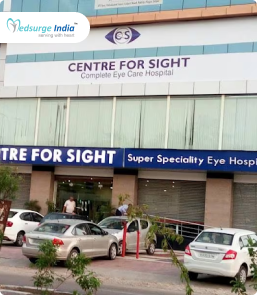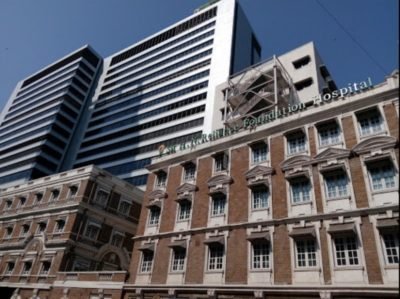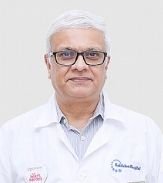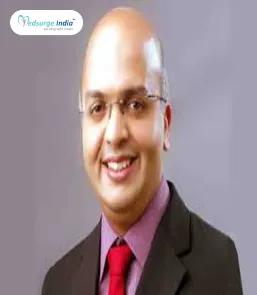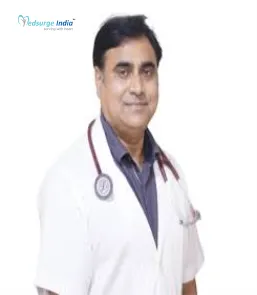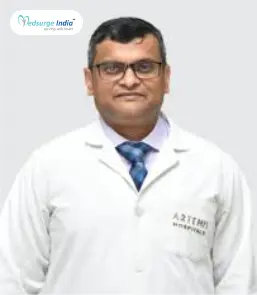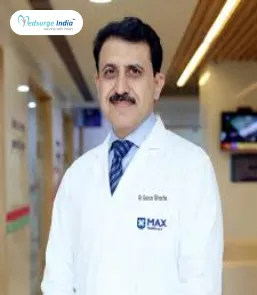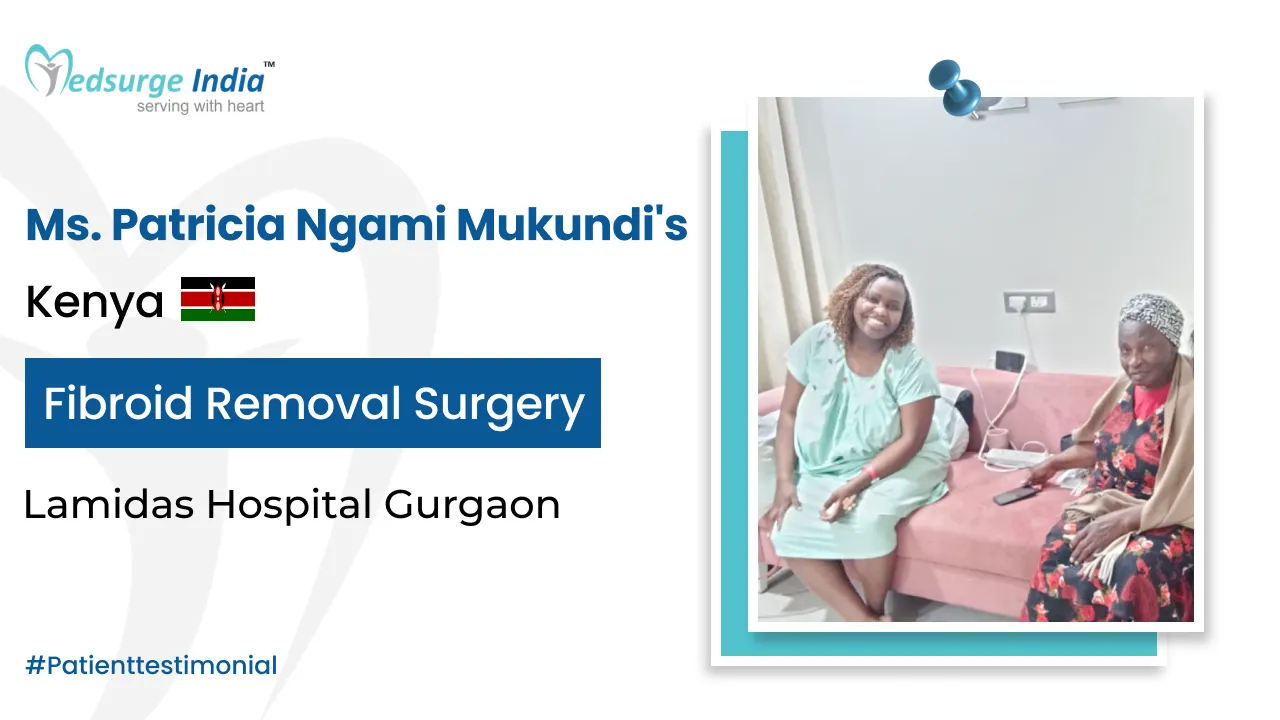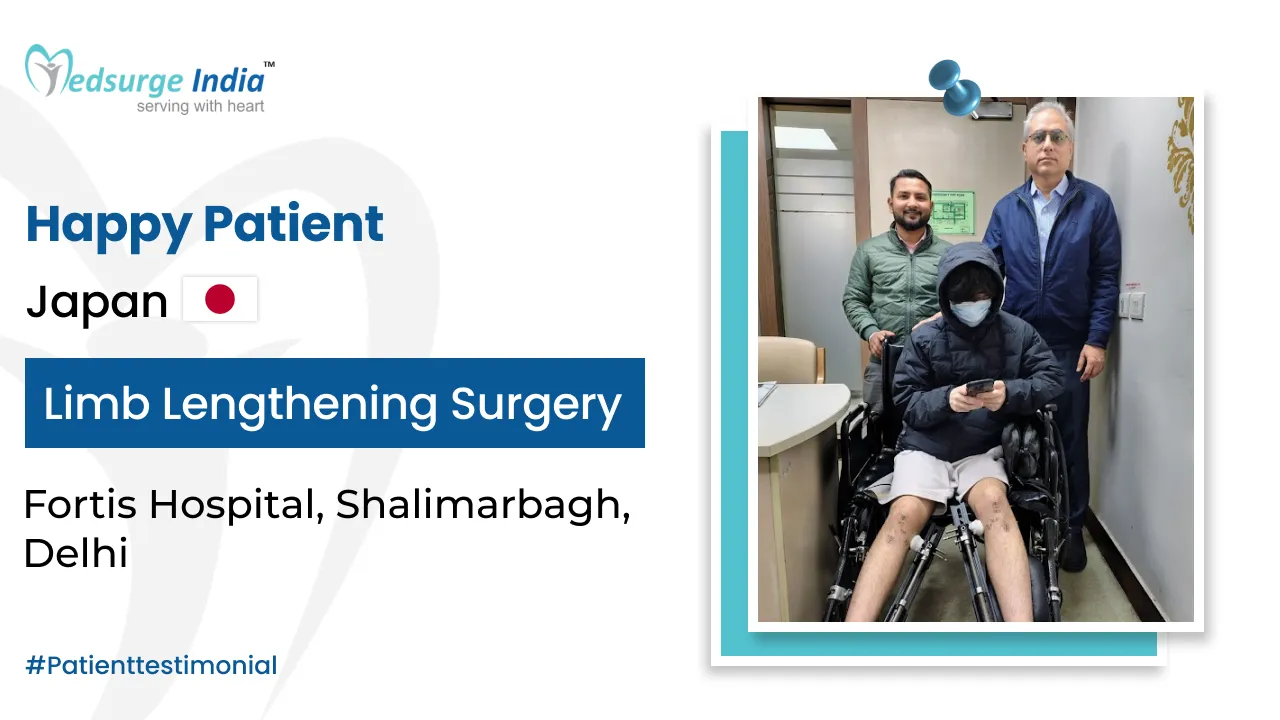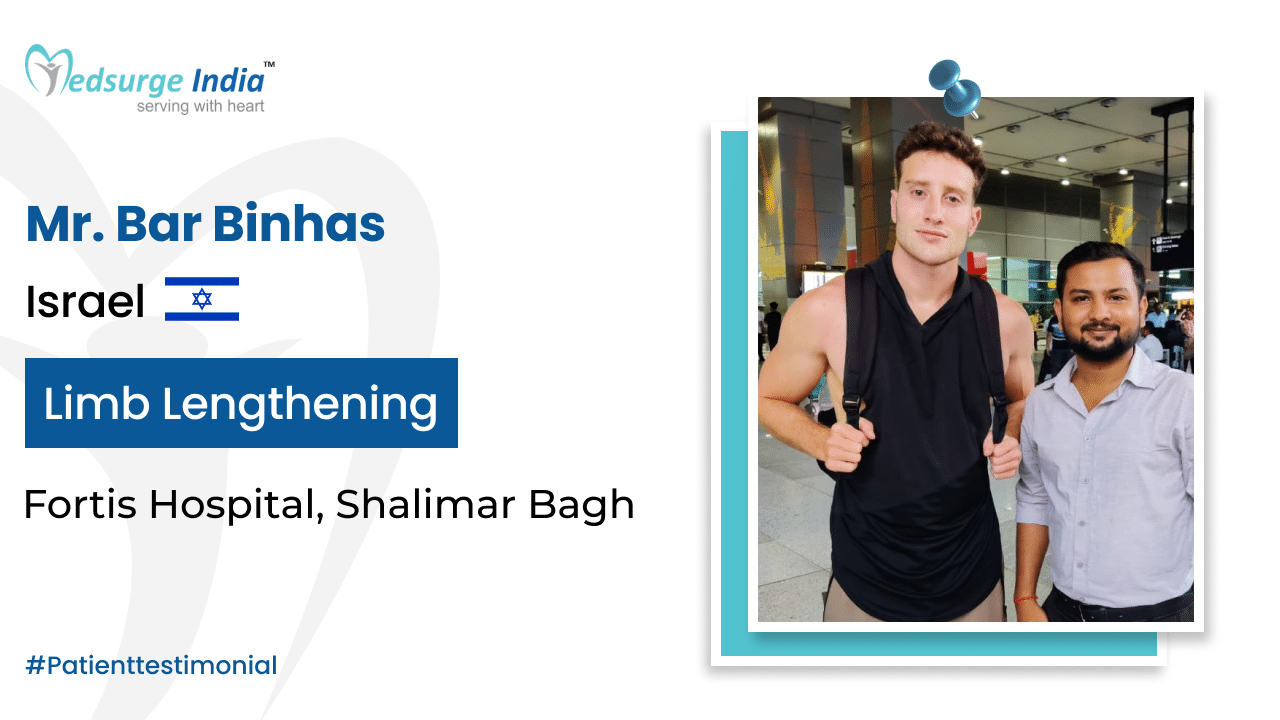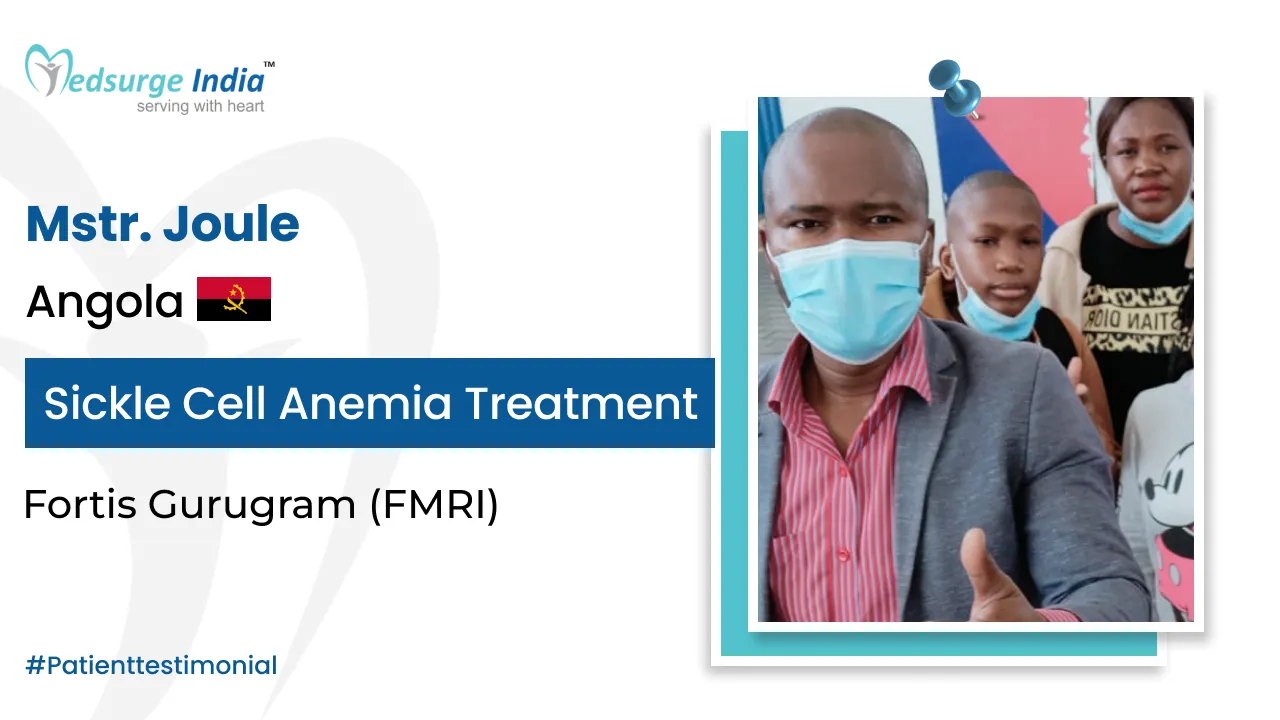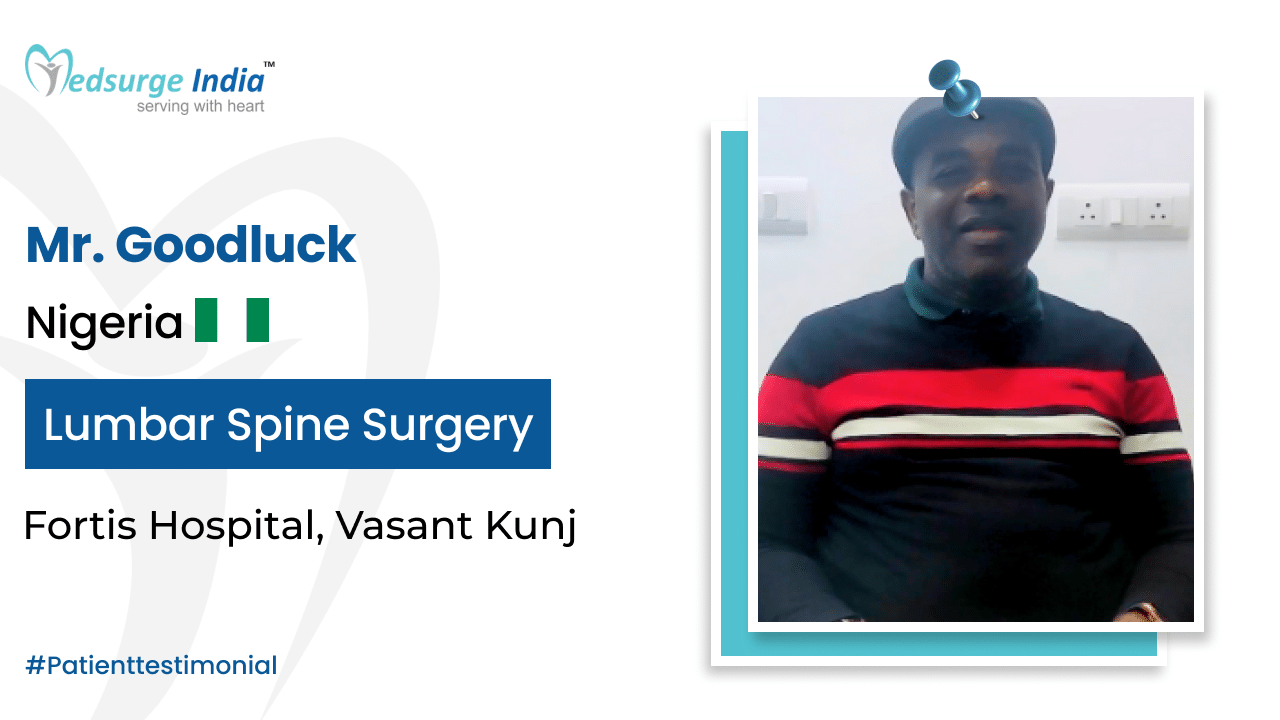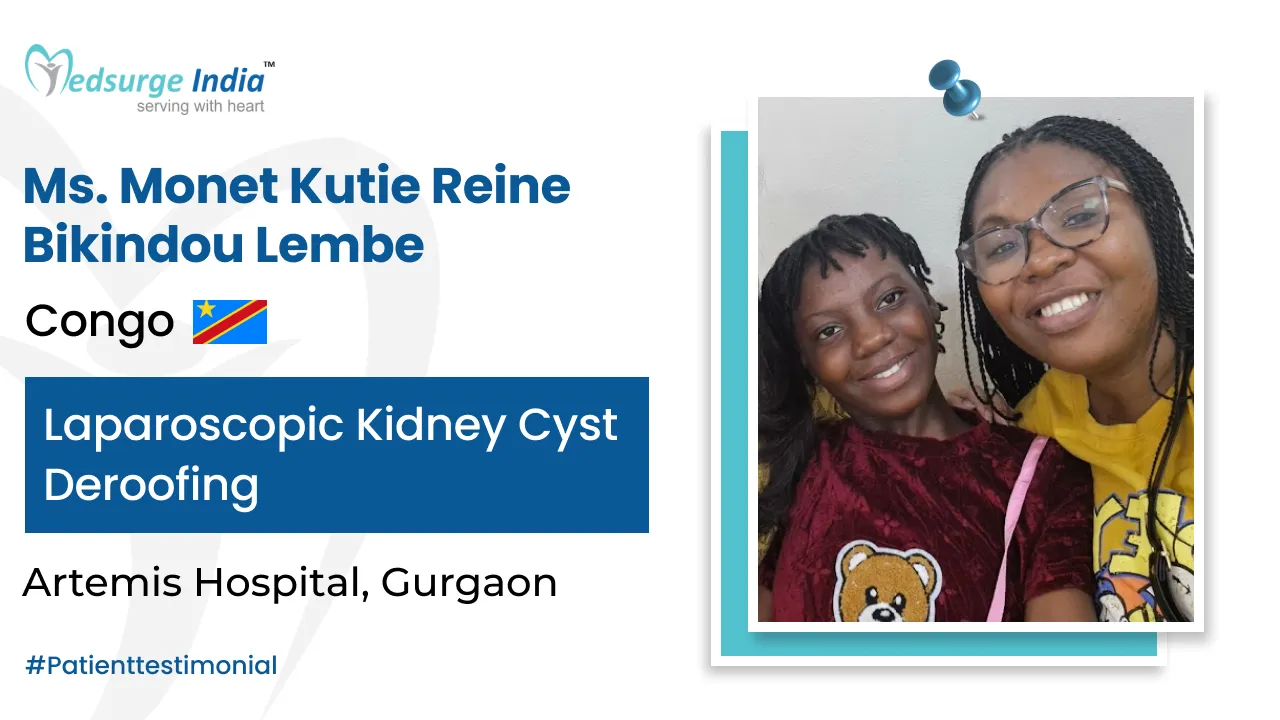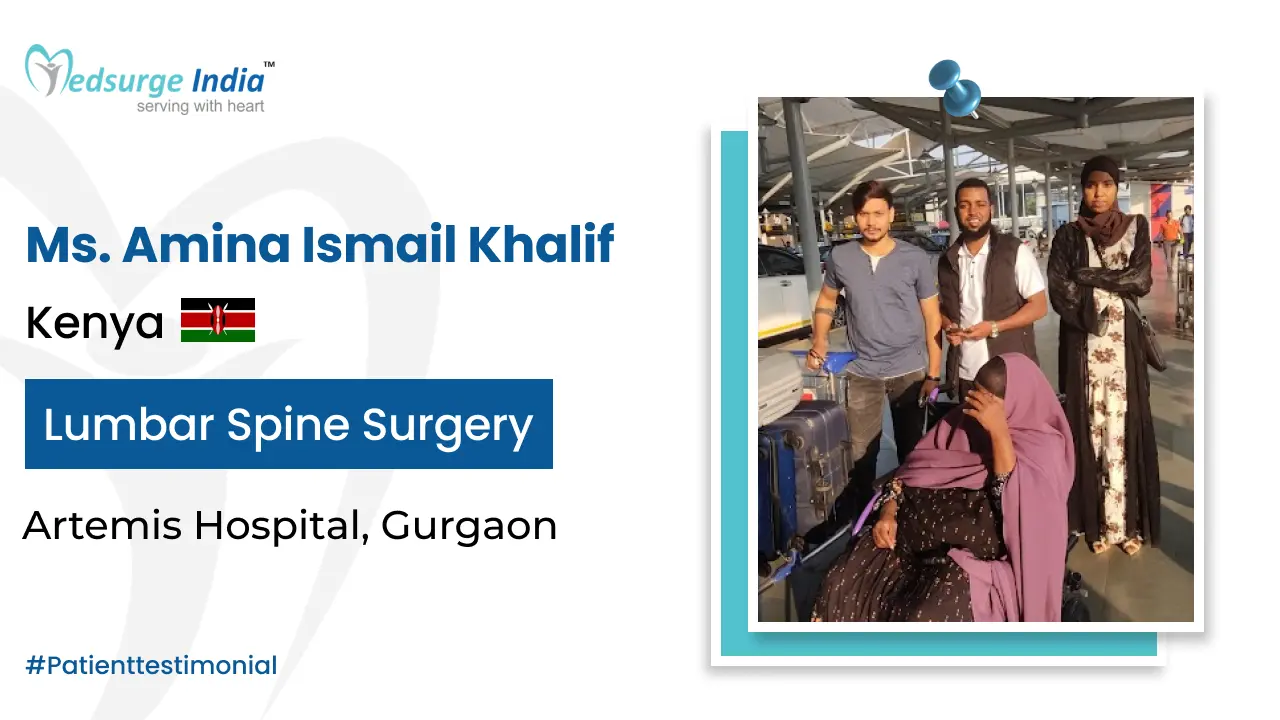
An ICD (cardioverter-defibrillator) is a battery-operated device that monitors your heart rate and is implanted under the skin. The ICD is connected to your heart by thin wires. If your heart is beating chaotically and far too rapidly, the device will provide an electric shock to reestablish a regular pulse if an aberrant cardiac rhythm is detected.
In patients with known, prolonged ventricular tachycardia or fibrillation, ICDs have proven to be particularly effective in averting sudden death. They may play a role in preventing cardiac arrest in high-risk patients who haven’t had but are at risk for life-threatening ventricular arrhythmias, according to research.
What Is an Implantable Cardioverter Defibrillator (ICD)?
An ICD (implantable cardioverter defibrillator) is an electronic device that monitors your heart rhythm continuously. It gives energy to the heart muscle when it recognizes a very fast, irregular cardiac beat. As a result of this, the heartbeats in a normal rhythm again.
Ventricular tachycardia and ventricular fibrillation are two life-threatening cardiac rhythms that cause the heart to pulse exceedingly quickly. These disorders can be lethal if not treated immediately.
Because you have had at least one episode of these heart rhythms or are at high risk of developing these types of heart rhythms, your doctor has recommended that you receive an ICD.
Types of ICDs:
- Single Chamber ICD
- Dual-Chamber ICD
- Biventricular Device
Why Do You Need an ICD?
If you or your kid is at danger of a life-threatening ventricular arrhythmia due to the following conditions, your doctor may consider an ICD:
- A ventricular arrhythmia occurred.
- Suffered a heart attack.
- Survived a cardiac arrest that occurred unexpectedly.
- QT prolongation syndrome
- Brugada syndrome
- Sudden cardiac arrest can be caused by a congenital heart defect or other underlying disorders.
ICD Implantation Cost in India
The cost of ICD Implantation in India starts from 10000 USD. The price typically includes necessary preoperative tests, and the surgery itself. However, please note that accommodation and transfers are not included in this cost.
Cost of ICD Implantation in Different Cities in India
| Cities | Starting Price |
| Delhi | USD 10000 |
| Gurgaon | USD 10000 |
| Noida | USD 10000 |
| Mumbai | USD 10500 |
| Hyderabad | USD 10200 |
| Chennai | USD 10100 |
| Kolkata | USD 10000 |
| Bangalore | USD 10600 |
Note: Keep in mind that the aforementioned cost provided is solely for the treatment. The overall cost of ICD Implantation in India will be determined based on several factors.
Factors That Can Affect ICD Implantation Cost in India
Various factors can affect the cost of ICD Implantation in India. Your budget is greatly impacted by numerous elements that fail under pre and post-treatment costs. Below are the various factors that can affect the cost of ICD Implantation in India.
- Medication costs: Certain medicines can influence the overall cost of ICD Implantation.
- Patient Condition: The complexity of the disease along with the patient’s overall health can affect the duration of treatment, impacting the cost.
- Duration of treatment: Longer treatment courses involving multiple visits can lead to higher cumulative costs.
- Geographical location: Cost can vary widely depending on the region in India.
- Hospitalization expenses: The length of hospital stay and the level of nursing care required by the patient can add to the treatment expenses.
- Government policies and subsidies: Government healthcare schemes and subsidies can reduce out-of-pocket expenses for patients, affecting the affordability of ICD Implantation.
- Medical tourism packages: Curated packages for international patients can include various services at a bundled cost, influencing the overall expense of treatment in India.
- Hospital reputation and infrastructure: Prestigious hospitals with state-of-the-art facilities may charge more for their services.
- The expertise and experience of medical professionals: Cardiac specialists or surgeons with extensive experience and recognition often command higher fees, contributing to the treatment cost.
- The type and frequency of diagnostic procedures: Regular monitoring with advanced imaging and laboratory tests can increase treatment costs due to the high price of these diagnostic methods.
- The choice of treatment modality: Opting for newer or more advanced treatment options or precision medicine can be more expensive than traditional approaches.
ICD Implantation Cost in India offers exceptional medical services and facilities to patients who come for treatment in India also their facilities rival those of well-known healthcare centers worldwide. Accommodation, meals, and transportation expenses are also covered.
We at, Medsurge India ensure that patients will receive the most affordable ICD Implantation Treatment Cost in India and with the expertise of highly qualified doctors. Furthermore, a foreign patient can save up to 30-40% of the cost in India when compared to their native countries.
How Does an ICD Works?
The ICD monitors your heartbeat, recognizes irregular heart rhythms, and decides the best treatment to get your heartbeat back to normal. One or more of the following functions may be programmed into the ICD by your doctor:
- Anti-tachycardia pacing (ATP): A sequence of tiny electrical impulses are sent to the heart muscle to restore a normal heart rate and rhythm when your heart beats too rapidly.
- Cardioversion: To restore a normal cardiac rhythm, a low-energy shock is delivered at the same time as your heartbeat.
- Defibrillation: A high-energy shock is delivered to the heart muscle to reestablish a normal rhythm when the heart is beating dangerously rapidly.
- Bradycardia Pacing: Small electrical impulses are sent to stimulate the heart muscle to maintain an appropriate heart rhythm when the heart beats too slowly.
Get Free Cost Estimation
Procedure
Where Is the Implant Procedure Is Performed?
The implant technique is usually performed in a separate room in the Electrophysiology Lab. The surgery is performed in a surgical suite when the epicardial implant method is used.
The ICD procedure details are as follows:
Before Procedure
- Ask the scheduling nurse how to change your diabetic medication if you have diabetes.
- If you take an anticoagulant, such as Coumadin (warfarin), contact the scheduling nurse for precise instructions on how to take it on the day of the treatment.
- After midnight the night before the surgery, do not eat or drink anything.
- On the day of the procedure, continue to take all of your medications as directed, but with only small sips of water.
- Bring no valuables with you to the hospital.
How Is the Device Implanted?
- The endocardial (transvenous) technique is typically used to implant the ICD. A local anesthetic (pain-relieving medicine) is given to numb the area during the surgery.
- The lead(s) and device are placed through small incisions in the chest. With the help of the fluoroscopy system, the lead is placed through the incision and into a vein, then guided to the heart. The lead’s tip connects to the heart muscle, while the other end connects to the pulse generator. The generator is hidden beneath the skin of the upper chest in a pocket.
- The epicardial (surgical) technique is employed in rare circumstances where the endocardial approach is not possible. You are put to sleep with a general anesthetic in this method. The generator is hidden beneath the skin in a compartment in the lower belly.
- The hospital stay and recuperation period for this procedure are usually 3 to 5 days, while minimally invasive procedures may be employed to shorten the hospital stay and recovery time.
- Your doctor will assess which implant procedure is the greatest fit for you.
- The hospital stay is usually 24 hours when the endocardial technique is used.
After the Procedure
- The day after the (ICD) cardioverter-defibrillator operation, you’ll normally be released. You’ll need to make arrangements for someone to drive you home and assist you while you recover.
- For a few days or weeks, the area where the ICD is installed may be swollen and sensitive. Your doctor may advise you to take pain medication. Because aspirin and ibuprofen may increase the risk of bleeding, they are not suggested.
- To keep the leads from moving until the area heals, avoid rapid movements that raise your left arm over your shoulder for up to eight weeks. Depending on the type of ICD you received, you may need to restrict your driving. When it’s safe to return, your health care practitioner will give you instructions.
Your doctor may advise you to avoid the following for the first four weeks after surgery:
- Golf, tennis, swimming, bicycling, bowling, or vacuuming are all vigorous, above-the-shoulder activities or workouts.
- A lot of lifting
- Exercising at a high intensity
- Your doctor will most likely advise you to avoid contact sports for the rest of your life. Heavy touch may harm the gadget or cause the wires to become dislodged.
Conclusion
For anyone who has survived cardiac arrest, an ICD is the most common treatment. ICDs are becoming more common in those who are at a high risk of sudden cardiac arrest. An ICD reduces the risk of cardiac arrest death more than medicine alone.
Although the electrical shocks are unpleasant, they are a sign that the ICD is efficiently treating a heart rhythm disorder and preserving the patient from premature death.
An ICD’s lithium battery can last 5 to 7 years. The battery is usually examined during routine examinations, which should take place every six months. The generator is replaced with a fresh one when the battery is nearly depleted during a minor outpatient operation.
The Most Important Frequently Asked Questions
Q: What Should I Avoid With an ICD Implant?
A: Avoid radio or television transmitters, arc welders, high-tension lines, radar stations, and smelting furnaces, as well as other high-voltage or radar machinery. Cell phones with less than 3 watts that are available in the United States are typically safe to use.
Q: How Long Is ICD After Implantation?
A: In most cases, you should be able to go home the same day as your implant surgery. It usually takes 4 to 6 weeks to fully recuperate from the treatment. Once your operation is completed, your doctor will provide you a detailed set of instructions to follow.
Q: What Are the Risks for ICD Implantation?
A: The following are some of the hazards associated with ICD implantation:
- Bleeding at the location of the incision or catheter insertion.
- The blood artery at the catheter insertion site is damaged.
- Infection at the location of the incision or catheter.
- The cardiac muscle is torn.
- A lung has collapsed.
- The leads became dislodged, necessitating another treatment to reposition them.
Q: Who Should Not Get an ICD?
A: An ICD is not always necessary. If any of the following apply to you, you and your doctor may decide against an ICD: It’s estimated that you’ll survive for less than a year. You have a lot of irregular heart rhythms (ventricular tachycardia) that you can’t regulate with drugs.
Q: What Should I Do After the ICD Implant?
A: It’s critical to follow your doctor’s recommendations as you recuperate from an ICD or S-ICD implant procedure, including:
- Follow your doctor’s directions for walking, exercising, and bathing.
- Wear loose clothing that will not irritate the skin around your device.
- Rub your device or the area around your chest as little as possible.
Top Hospitals for ICD Implantation in India
Top Doctors for Cardiology And Cardiac Surgery
Dr. Suresh Rao
Director , MBBS, MS, MCh, DNB, Fellowship, Fellowship
Experience: 20 years of experience
Kokilaben Dhirubhai Ambani Hospital, Mumbai
Mumbai, India
Dr. Naresh Kumar Goyal
Senior Consultant
Experience: 28 years of experience
BLK Super Speciality Hospital, New Delhi
New Delhi, India
Dr. Perwaiz Alam
Experience: 20+ years of experience
Brahmananda Narayana Multispeciality Hospital, Jamshedpur
Jamshedpur, India
Dr. Sunil Gouniyal
Senior Consultant
Experience: 26+ years of experience
NH MMI Narayana Superspeciality Hospital, Lalpur, Raipur
Raipur, India
Dr. (Air Cmde) Davinder Singh Chadha
Consultant
Experience: 23
Manipal Hospital Millers Road formerly Vikram Hospital Bangalore
Dr. Harmindar Singh
Senior Consultant
Experience: 39+ years of experience
Family Care Hospital, Mira bhayandar
Mira bhayandar, India
Dr. Mrityunjay Bauri
Experience: 27+ years of experience
NH Rabindranath Tagore International Institute of Cardiac Sciences, Kolkata
Kolkata, India
Dr. Sanjeev Kumar Khulbey
Senior Consultant
Experience: 25
Apollo Hospitals, Jubilee Hills Hyderabad
Dr. Irfan Khan Hamid
Consultant
Experience: 10 years of experience
Dr. L H Hiranandani Hospital, Mumbai
Mumbai, India
Dr. Brajesh Kumar Kunwar
Senior Consultant
Experience: 12 years of experience
Fortis Hiranandani Hospital, Vashi
Mumbai, India
Dr. N. Dhananjaneya Reddy
Consultant
Experience: 10 years of experience
Sunshine Heart Institute, Secunderabad, Telangana
Hyderabad, India
Dr. Satbir Singh
Senior Consultant , MBBS, DNB
Experience: 20 years of experience
BLK Super Speciality Hospital, New Delhi
New Delhi, India

